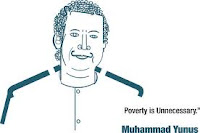Poverty, Opression, and Maternal Mortality
The World Health Organization estimates that 1,500 women die from pregnancy or childbirth related complications every day. Ninety-nine percent of those women reside in developing countries. The oppression and devaluation of women in developing countries is a major factor in this sobering statistic. Despite programs and initiatives that have been created by a number of international organizations (for example the WHO and UN ), maternal health continues to be a burgeoning issue in the fight for women’s equality. What social issues affect the health of women developing countries? How do you feel about the approach and effectiveness of intervention programs described in Half the Sky ? Drawing from these and other examples you may have found, what is the next step in reducing the maternal mortality rate in developing countries?

